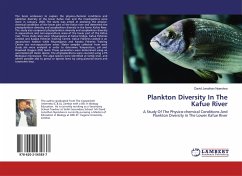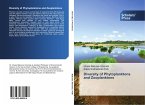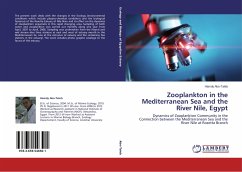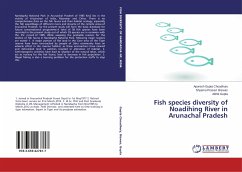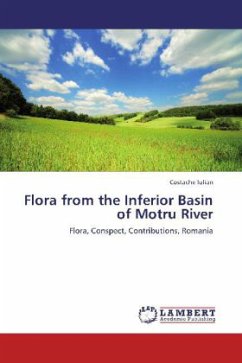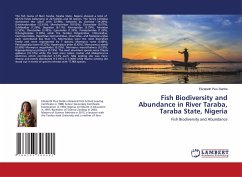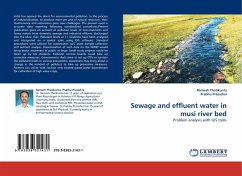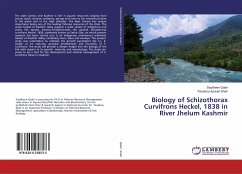The book endeavors to explain the physico-chemical conditions and plankton diversity of the lower Kafue river and the investigations were done in January, 2020. The study was aimed at assessing the physico-chemical conditions of the lower part of the Kafue river and determine the phytoplankton diversity and zooplankton diversity in the lower Kafue River. The study also compared phytoplankton diversity and zooplankton diversity in aquaculture and non-aquaculture areas of the lower part of the Kafue river. Three study sites were: Muyanganas at Kafue bridge, Kafue Fisheries Limited and Kasaka Fisheries Training Centre. Kafue Fisheries Limited is an aquaculture habitat while Muyanganas and Kasaka Fisheries Training Centre are non-aquaculture areas. Water samples collected from each study site were analysed in order to determine Temperature, pH and Dissolved Oxygen (DO) levels. These parameters were determined using an automated pH meter device. The phytoplanktons were counted using aPX Biological microscope. The algal species were identified at family level, and where possible also to genus or species level, by using pictorial charts and taxonomic keys.
Bitte wählen Sie Ihr Anliegen aus.
Rechnungen
Retourenschein anfordern
Bestellstatus
Storno

